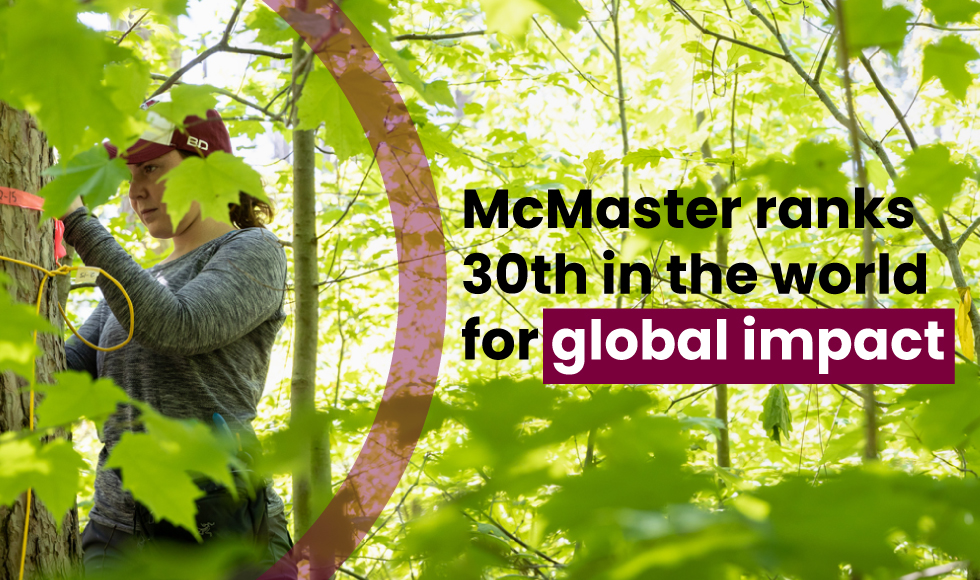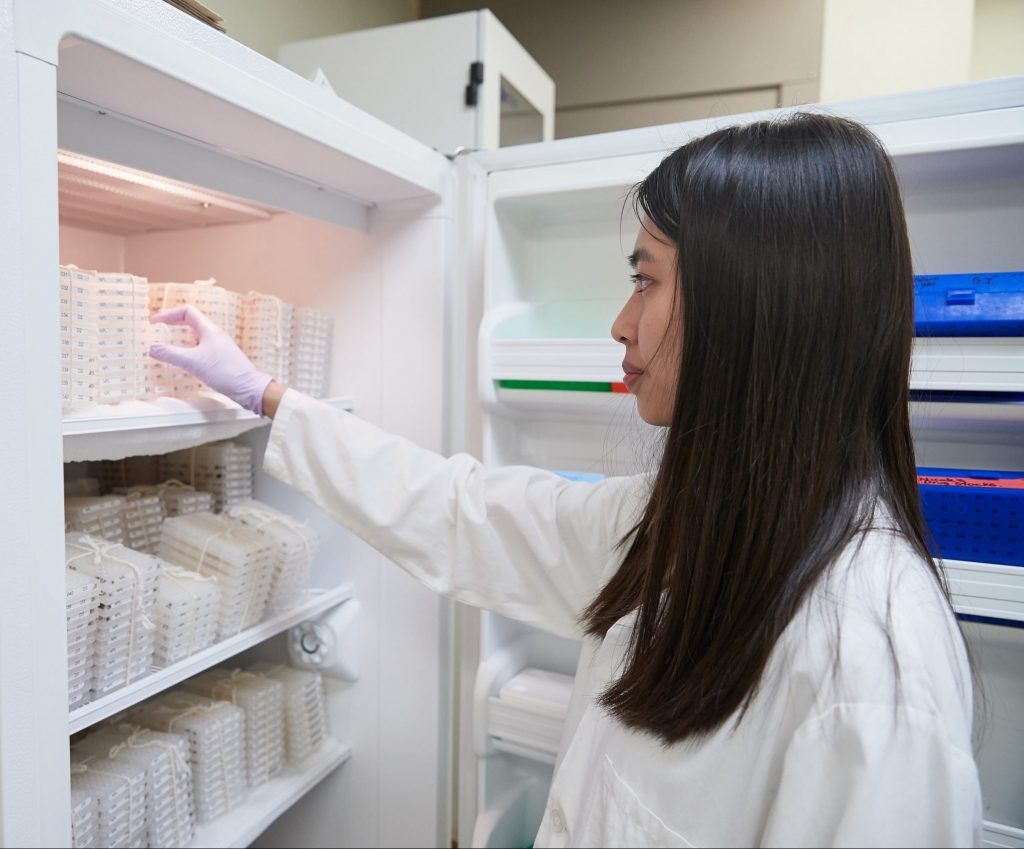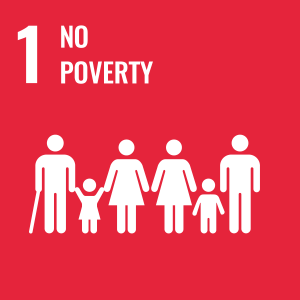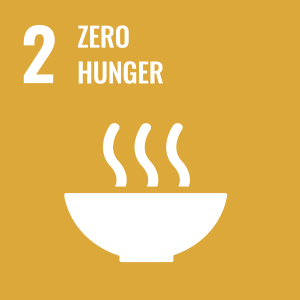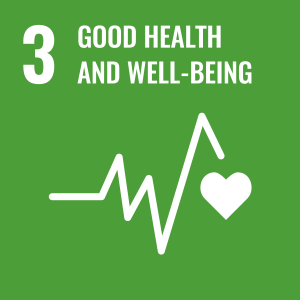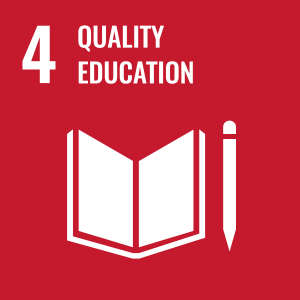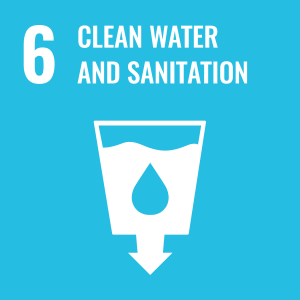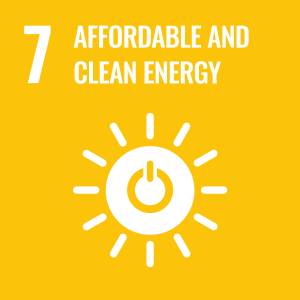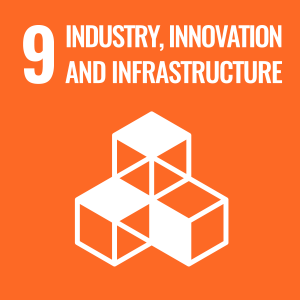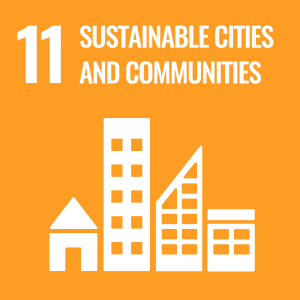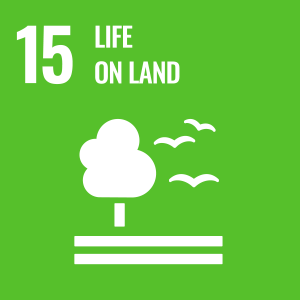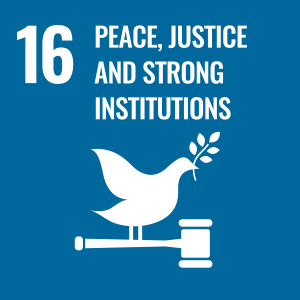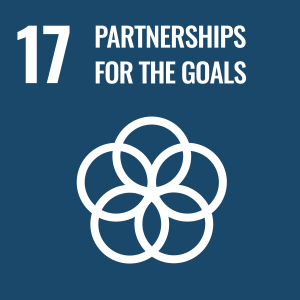Goal 14: Life below water
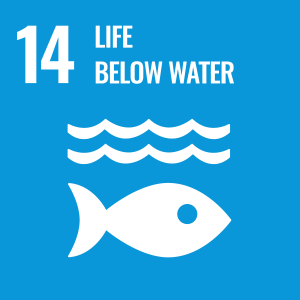 |
Karen Kidd leads a team that studies how human activities affect freshwater and marine ecosystems. Her work is helping us to achieve SDG 14, conserving the complex and beautiful aquatic ecosystems that surround us. |
Karen Kidd, Stephen A. Jarislowsky Chair in Environment and Health
The Ripple Effect
Half a century after DDT was banned, researchers found the pesticide persists at alarming levels in remote lakes, affecting hundreds of aquatic species and potentially entire lake food webs.
That discovery, by a research team led by biologist Karen Kidd, escalated something we thought of as yesterday’s inconvenience into today’s problem — and the chemical might have changed, but the problem persists.
In fact, many effects of industrial and agricultural activity are washed away from our line of sight — and for many of us, out of mind — making it all the more important to build awareness of the hazards of all the contaminants we pump and dump into our waterways.
That’s why Kidd’s research, on the effects of industrial, municipal and agricultural discharge on aquatic organisms, is a revelation, and a reminder to look beneath the surface.
Featured Stories
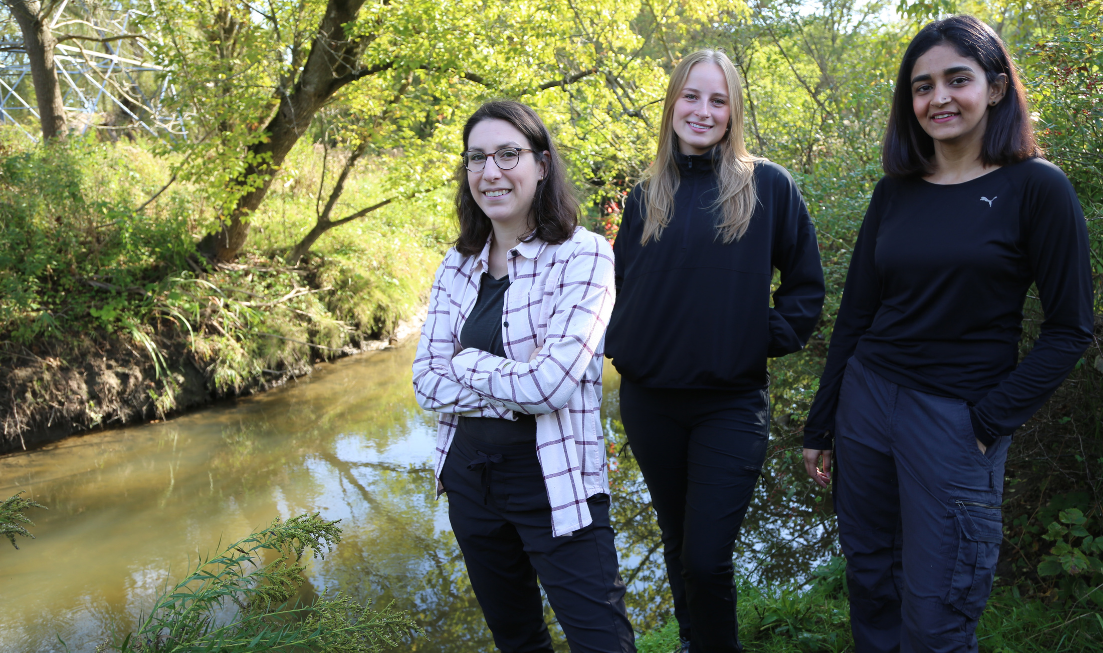
A creek runs through it: Students help set up new outdoor teaching and research lab
Priyanka Hire and Kate Pearson are setting up the latest lab in the School of Earth, Environment & Society — on the the banks of . . .
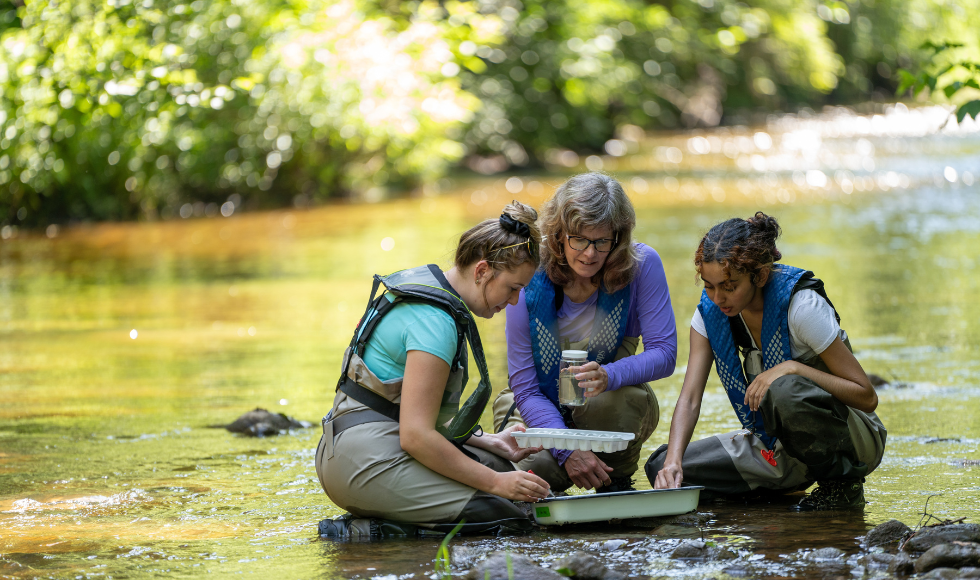
Fish on drugs: Researchers sound alarm over drugs in wastewater threatening aquatic ecosystems
A team of international researchers is calling for urgent action as the world becomes increasingly reliant on medications that end up in rivers and lakes, . . .
